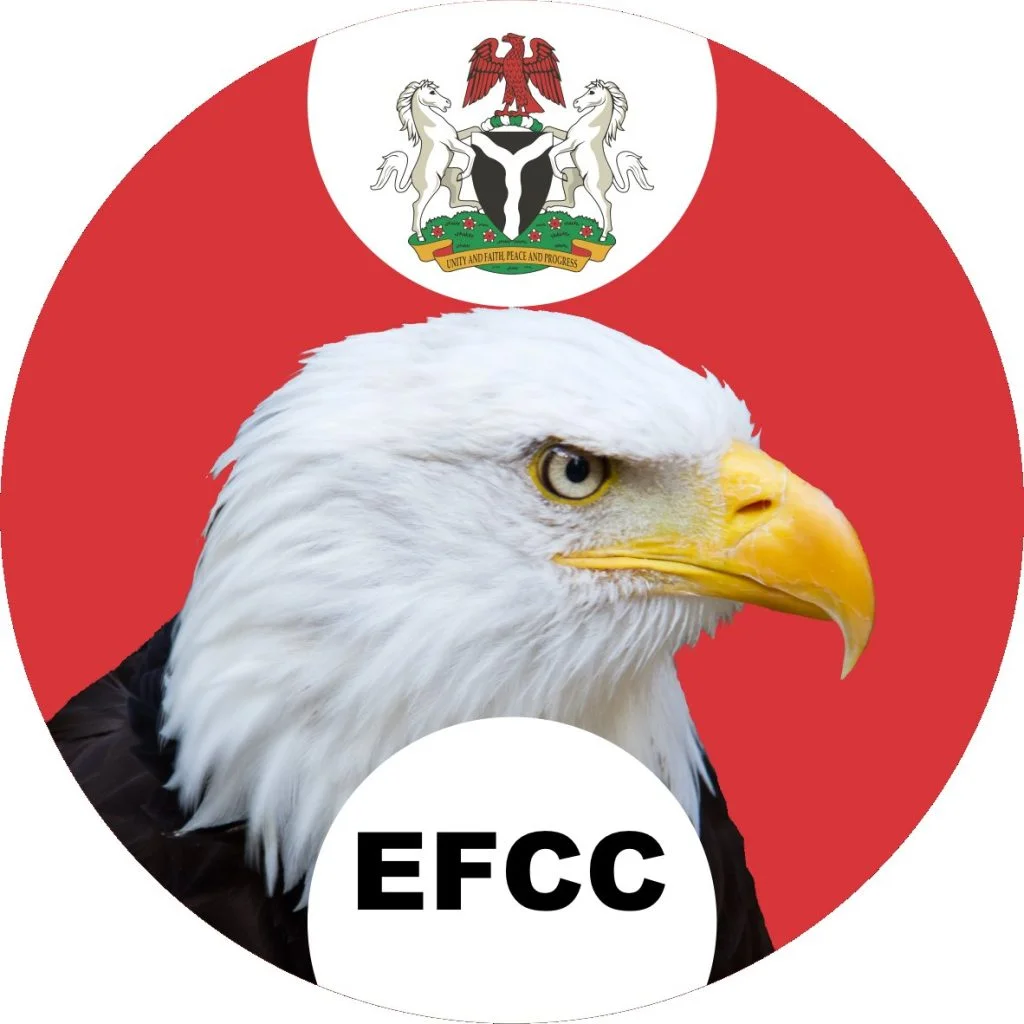Bilikisu Bala, a prosecutor with the Economic and Financial Crimes Commission (EFCC), has clarified that the decision to drop money laundering charges in the trial of Idris Okuneye, also known as Bobrisky, was in compliance with the Administration of Criminal Justice Act.
Bala explained that the charges were dropped after the Special Control Unit against Money Laundering disclosed that Bobrisky’s firm, Bob Express, was not classified as a Designated Non-Financial Institution, Business, and Profession. As a result, the firm could not be prosecuted under the Money Laundering Prevention & Prohibition Act, 2022.
This explanation was made during a session of the House of Representatives Joint Committee, which is investigating corruption allegations against officers of the EFCC and the Nigerian Correctional Service.
The EFCC’s Head of Media and Publicity, Dele Oyewale, confirmed Bala’s statement, which also addressed Bobrisky’s viral claim of offering a N15 million bribe to unnamed EFCC officials to have the charges dropped.
But addressing the committee, Bala said,“ We initially raised six count charges bordering on naira abuse and money laundering against Okuneye based on his confessional statement that his firm, Bob Express, was not registered with SCUML and was not rendering returns to it.”
“Counts 1-4 were on Naira Abuse while counts five and six were on money laundering. Okuneye’s confession that he didn’t register his firm, Bob Express with SCUML and did not render returns to it informed the money laundering charges initially included in the six-count. However, when we wrote to SCUML on the status of the firm, the Unit responded that it was not a Designated Non-Financial Institution, Business or Profession.”
“We cannot lawfully sustain the charges in all sincerity. We, therefore dropped them and relied on the four counts on Naira mutilation to which Okuneye had pleaded guilty.”
The prosecutor dismissed claims of financial inducement in dropping charges maintaining that no such thing happened. “There is simply no basis for that.”
She said, “The Administration of Criminal Justice Act, ACJA, allows amendment of charges. It is a professional practice. It is laughable for anyone to attribute our decision to monetary issues. Why did we write to SCUML if we didn’t want to include the charges? We wrote to be lawfully guided and when the Unit responded that the firm had not breached any law, on what basis should we have retained the money laundering charges?”.
S




